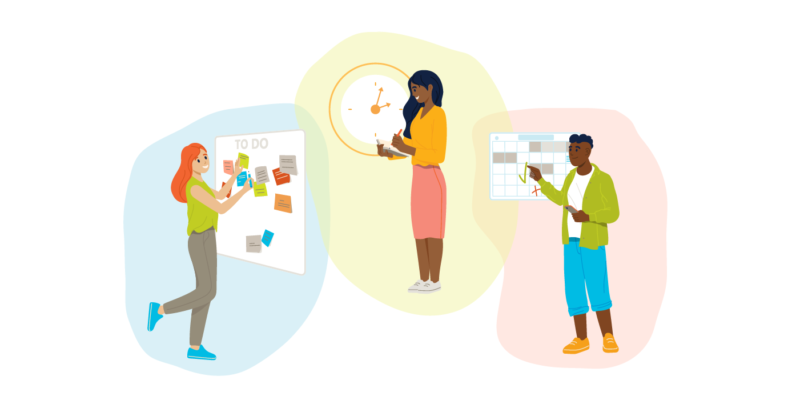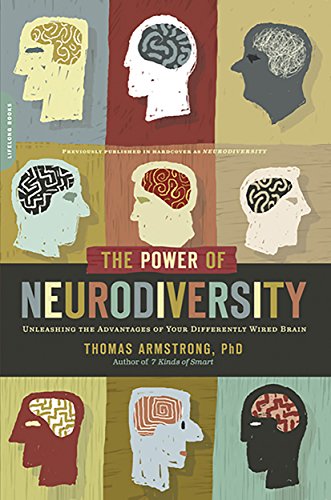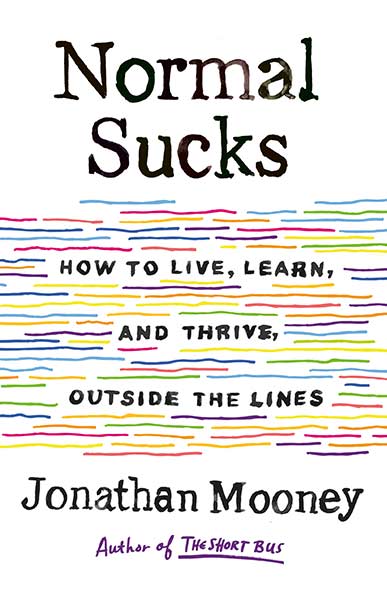
The Many Strengths of Dyslexics
Nothing affects your chances at succeeding in school like not having the skills to read, spell, and write. This is, unfortunately, what dyslexia is all about. It can be the one impediment to achieving one’s goals in work and life. Read more >>











